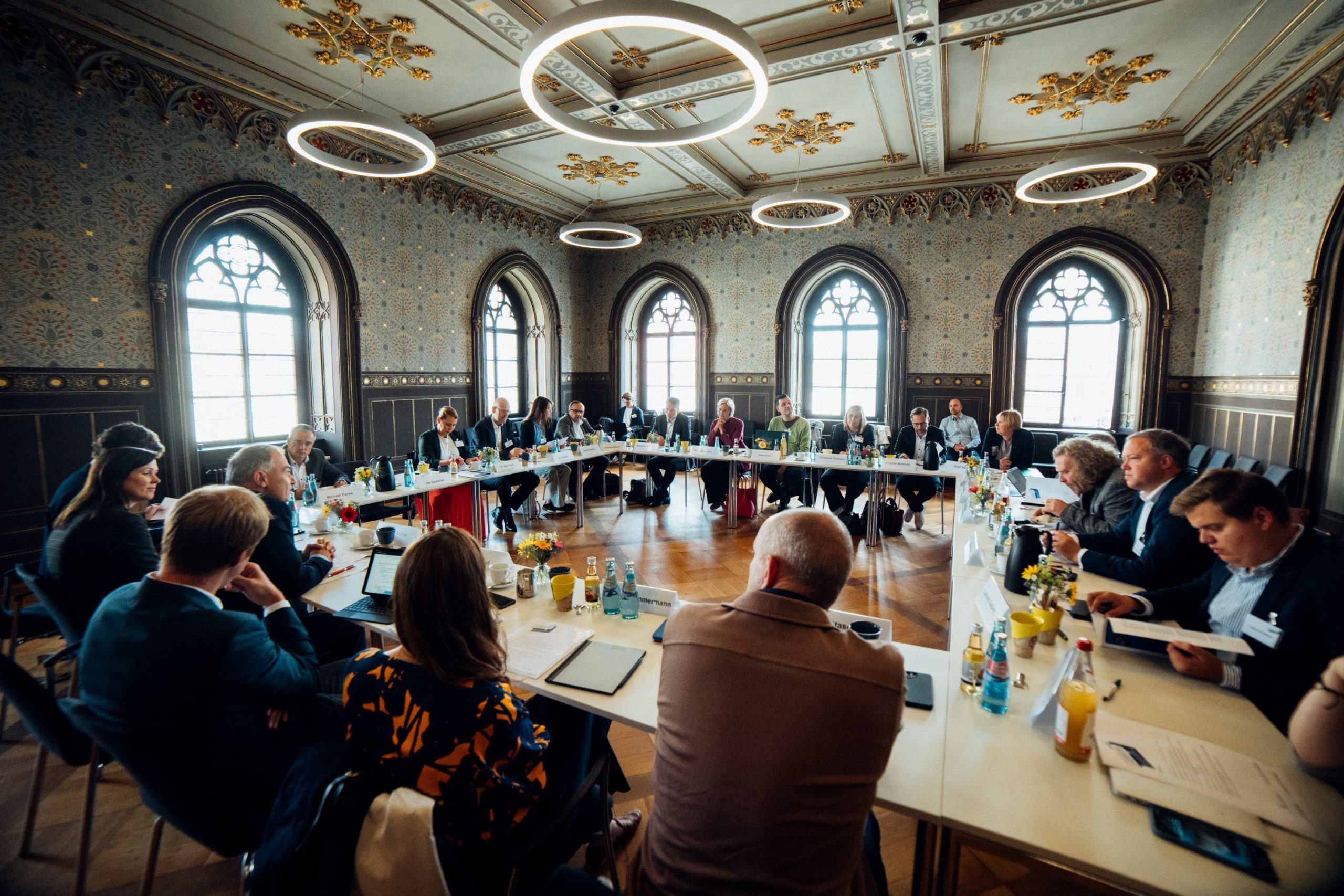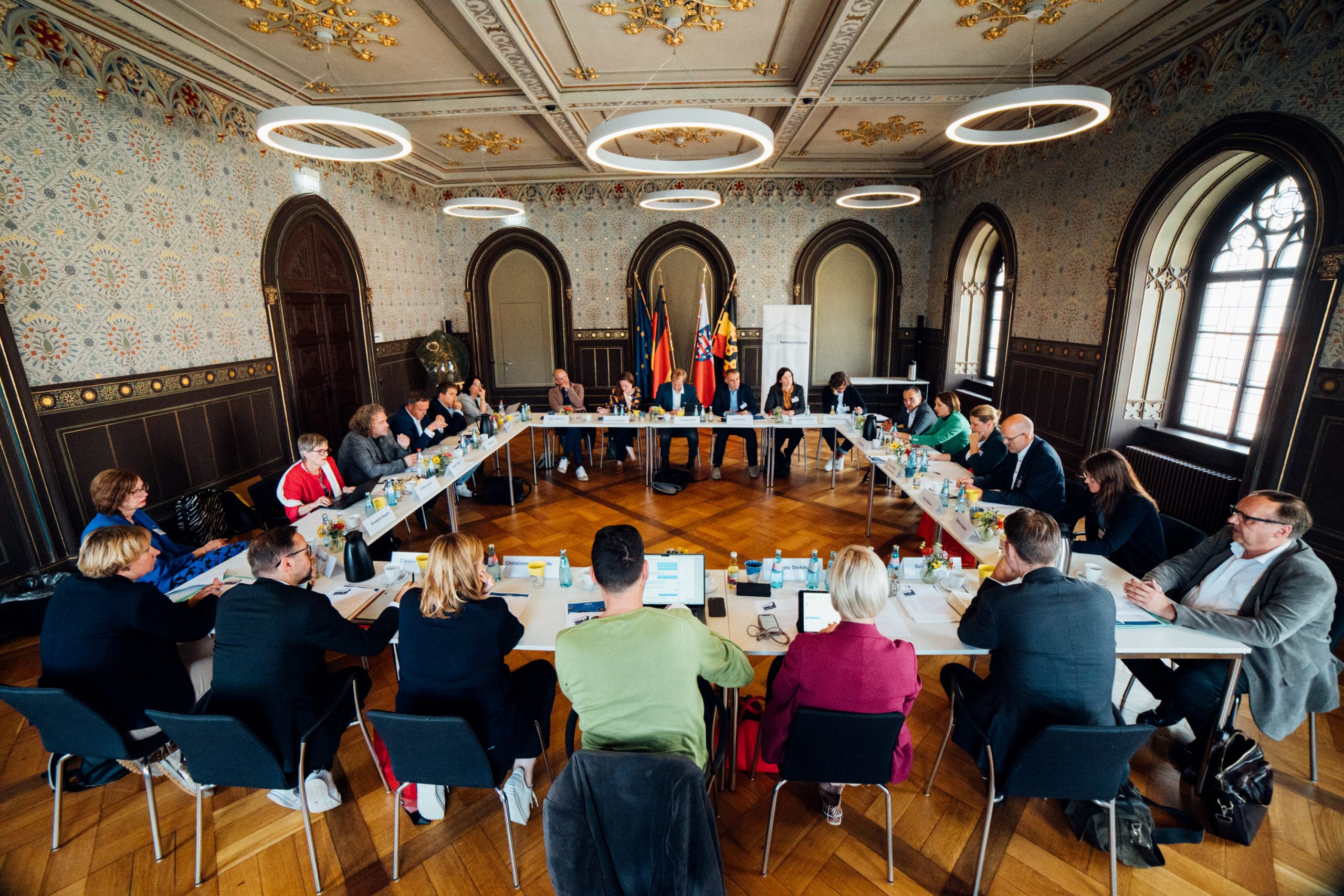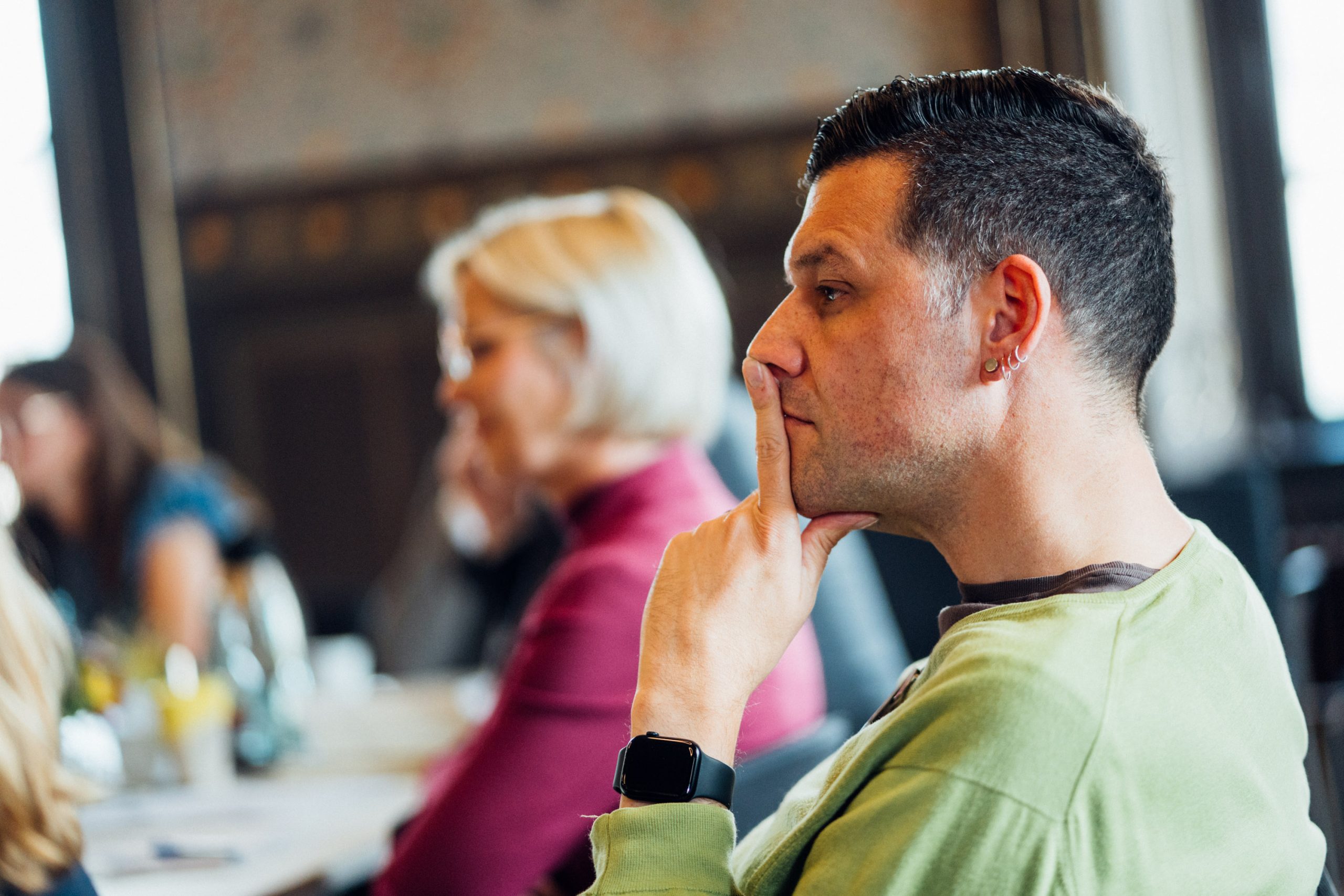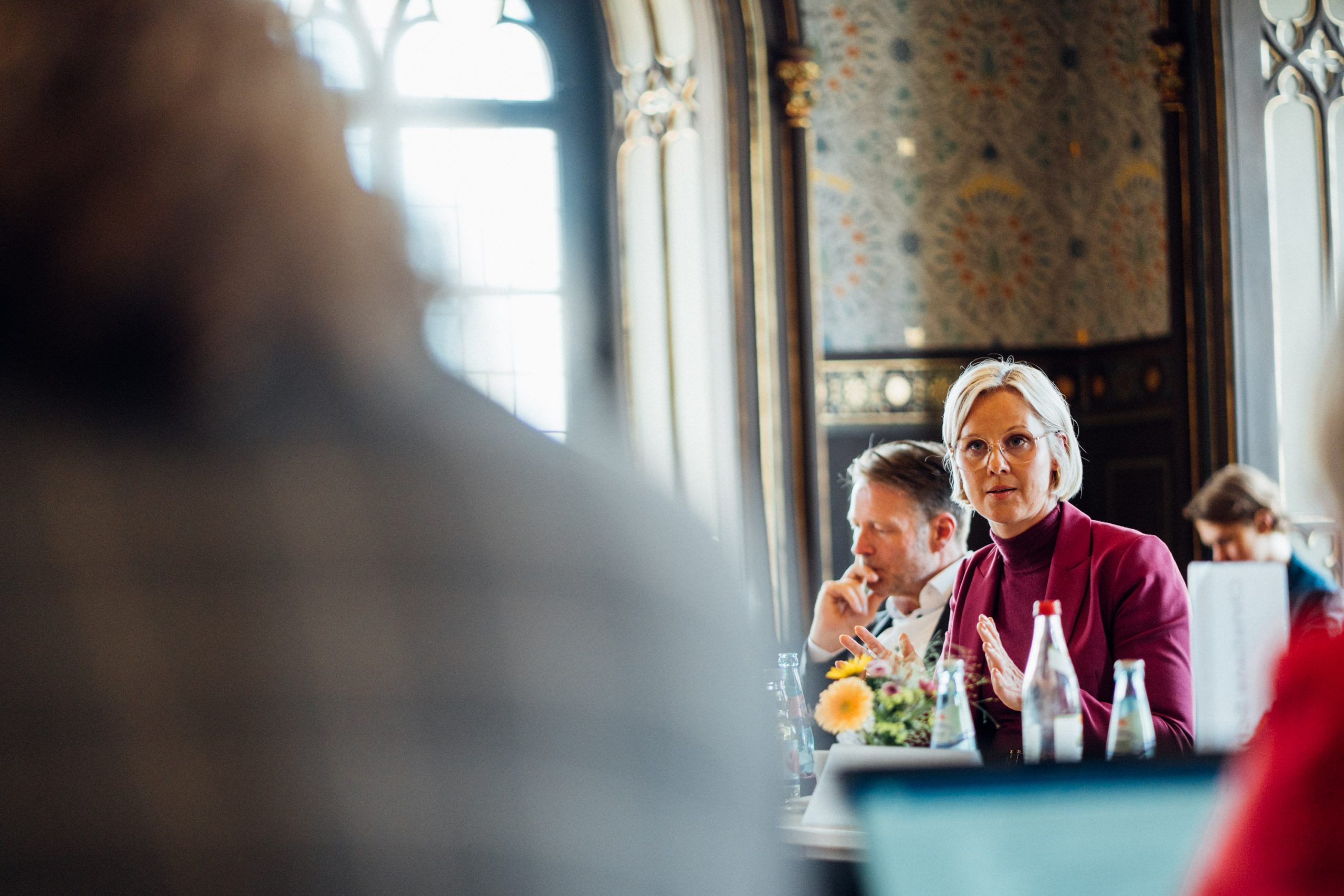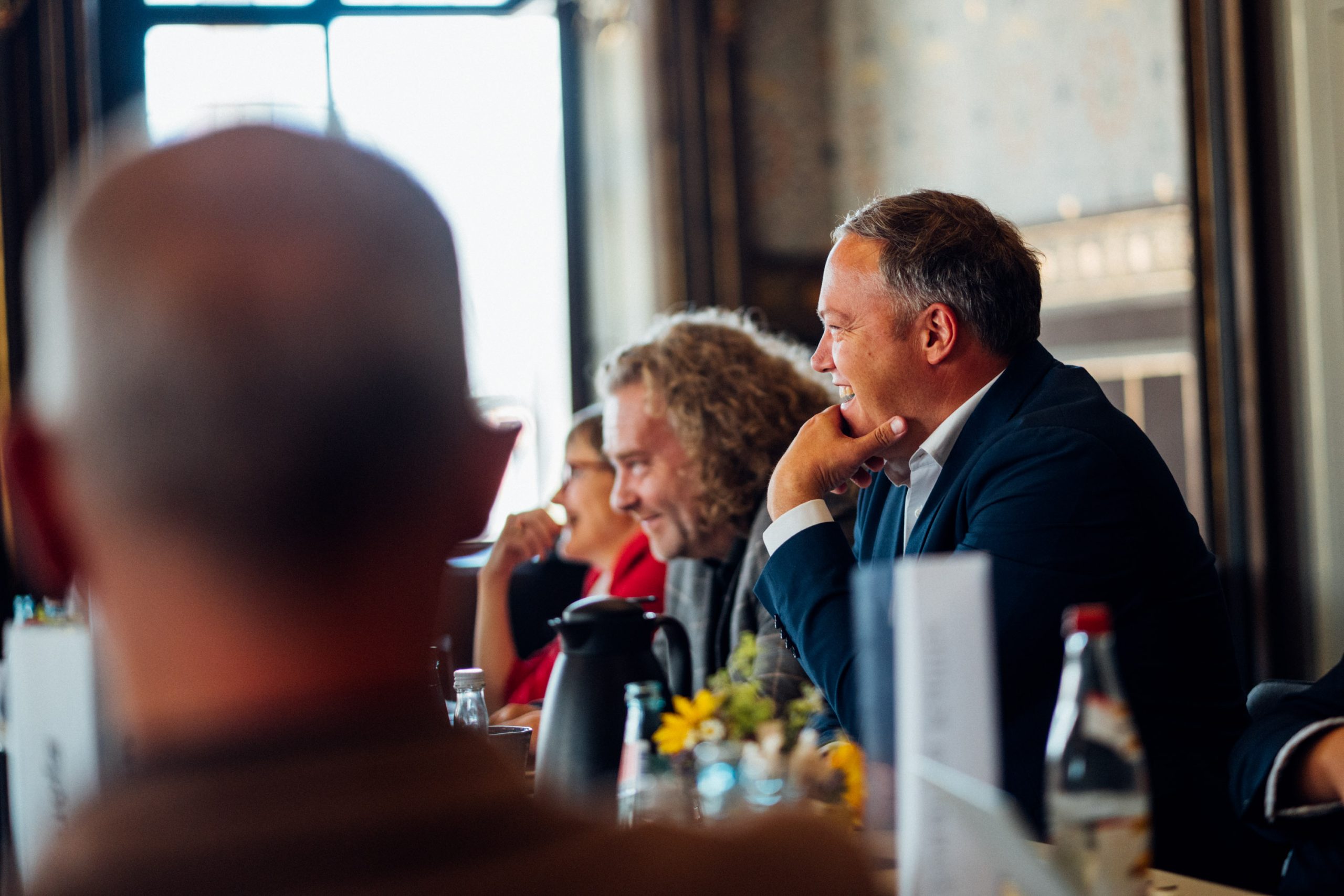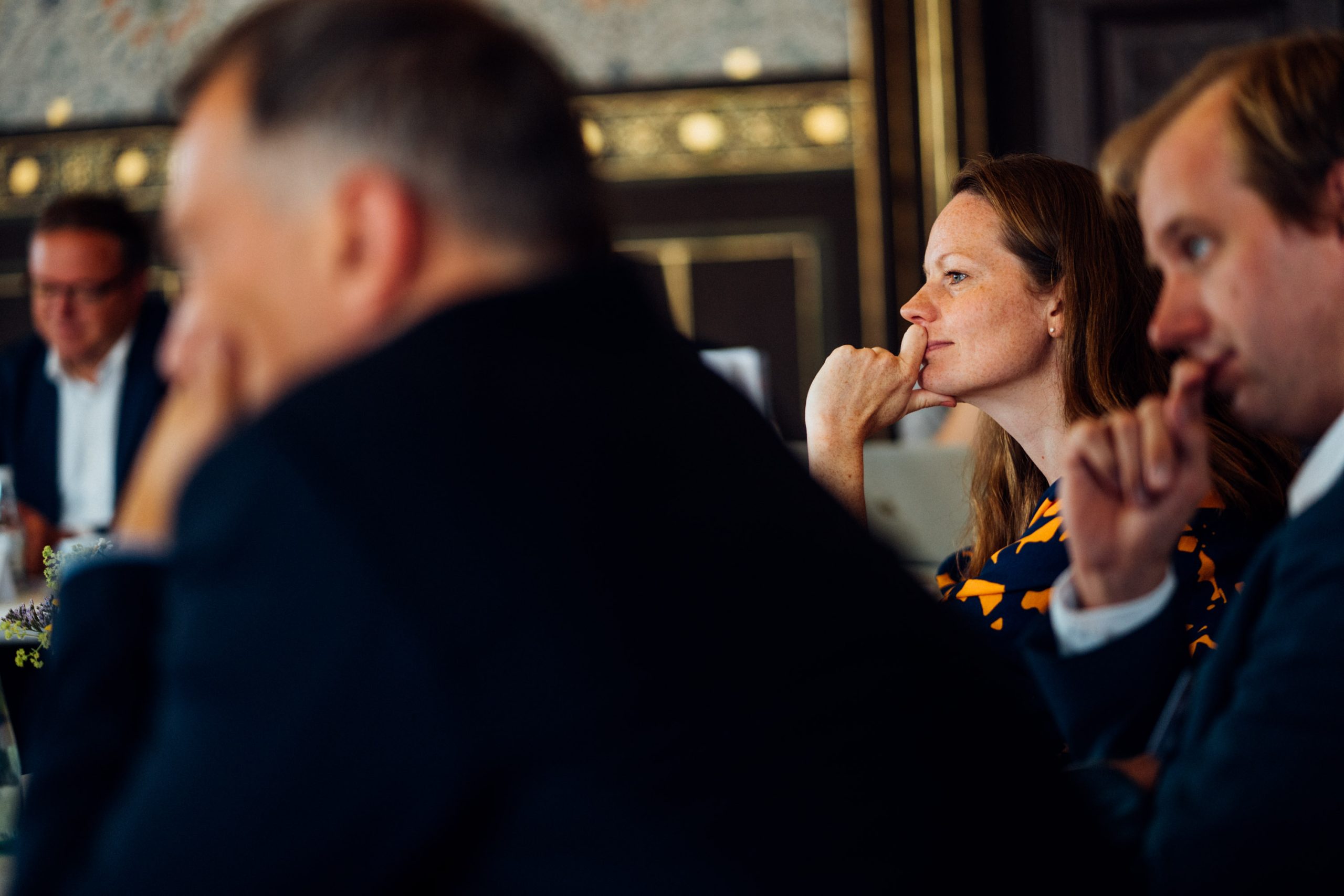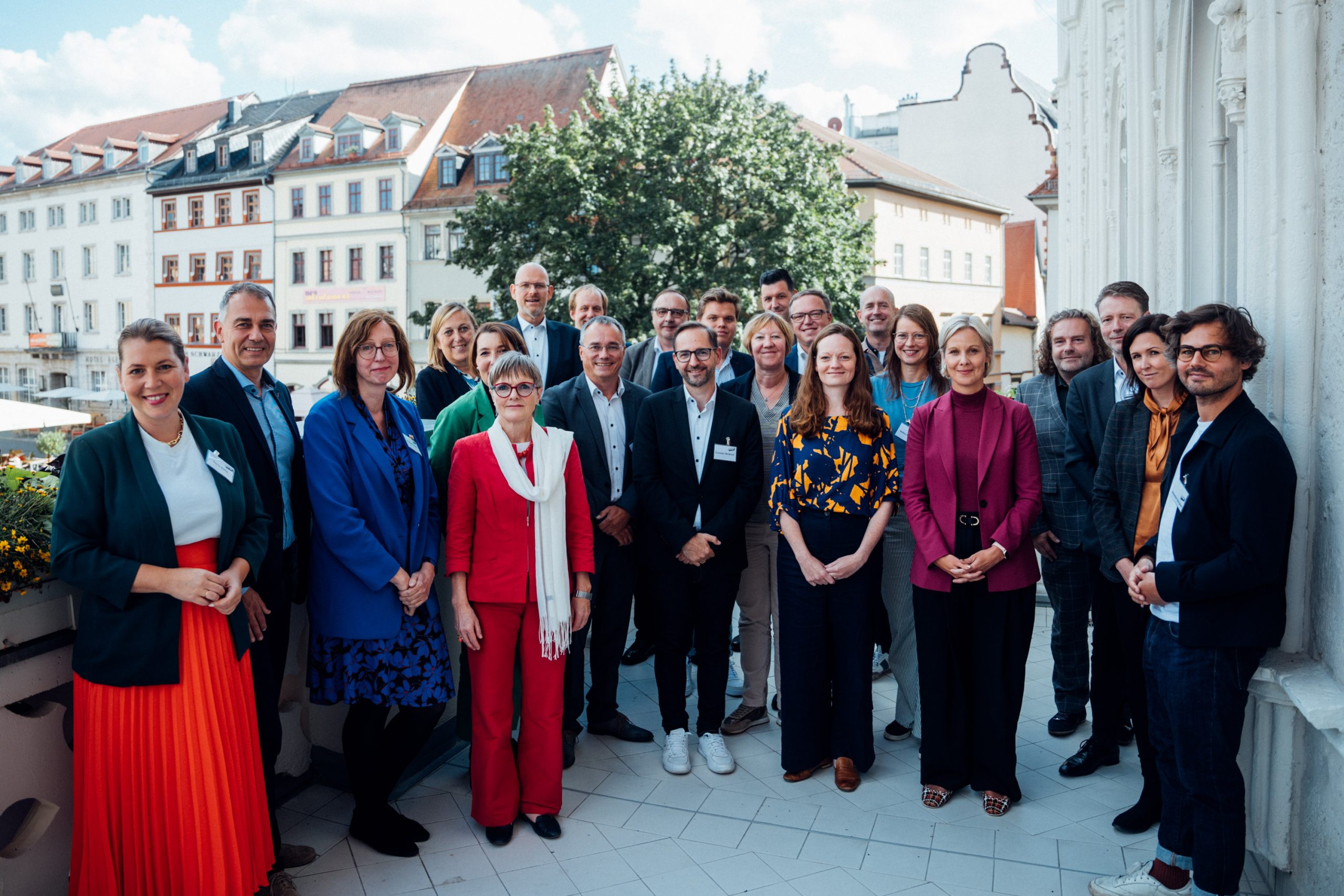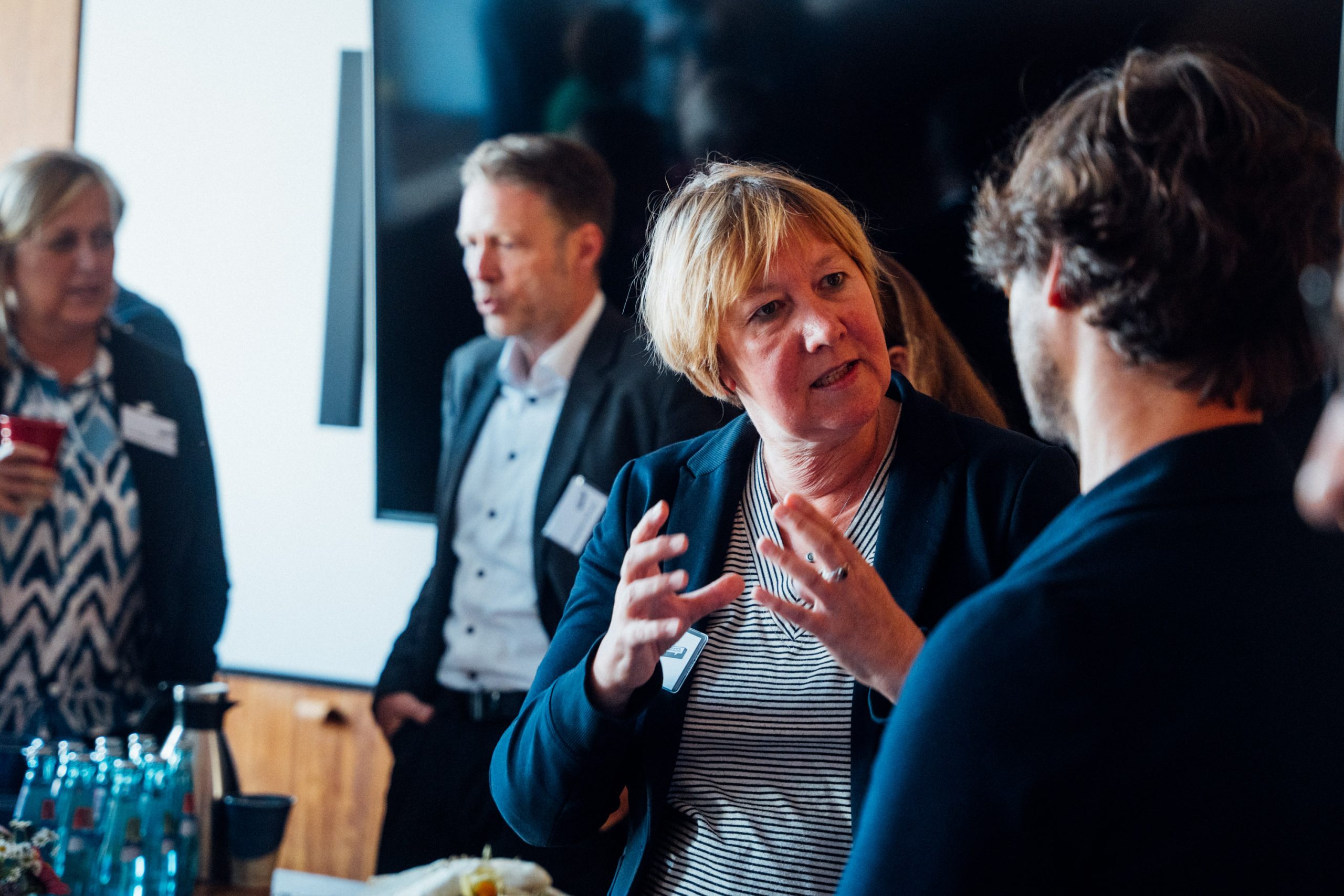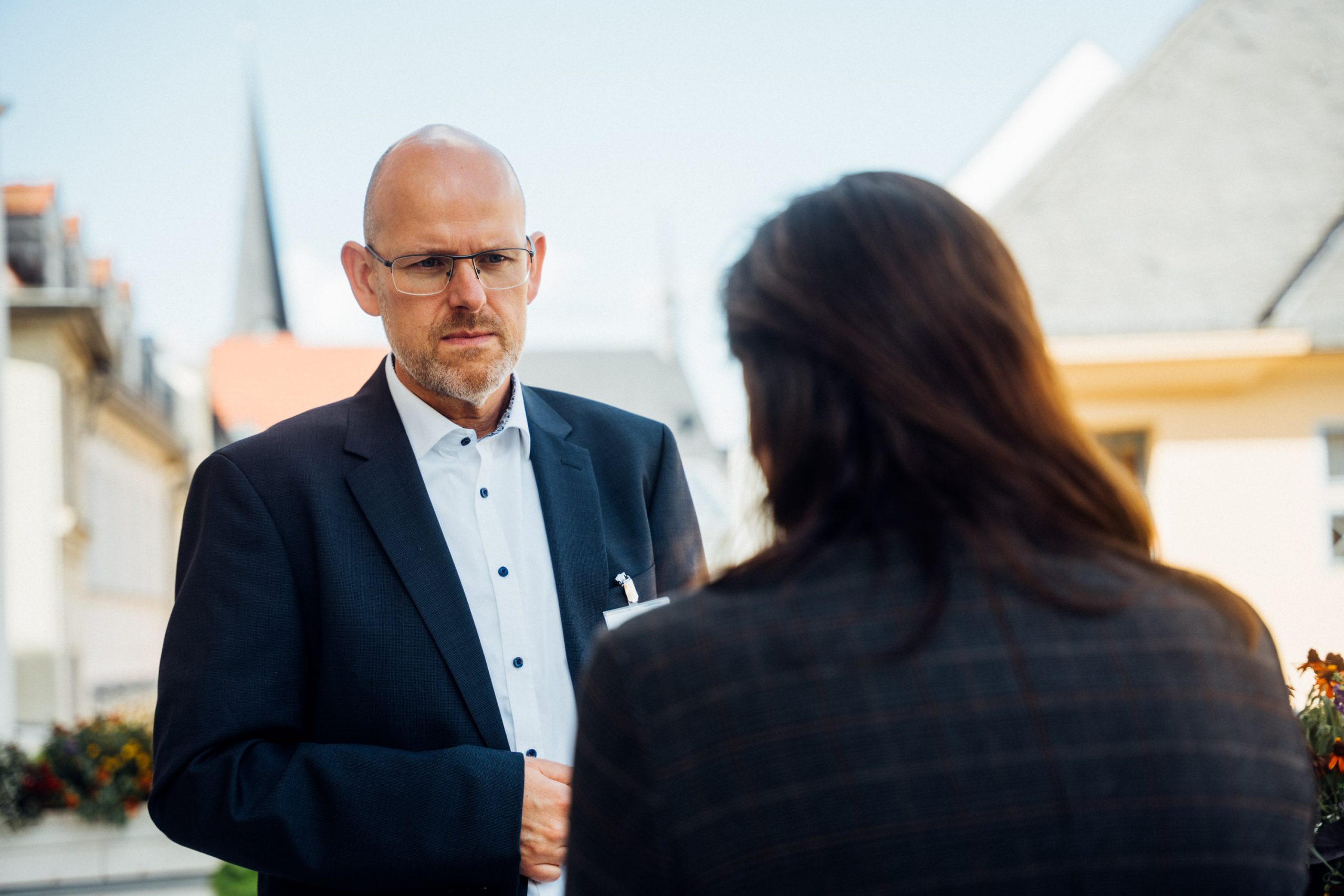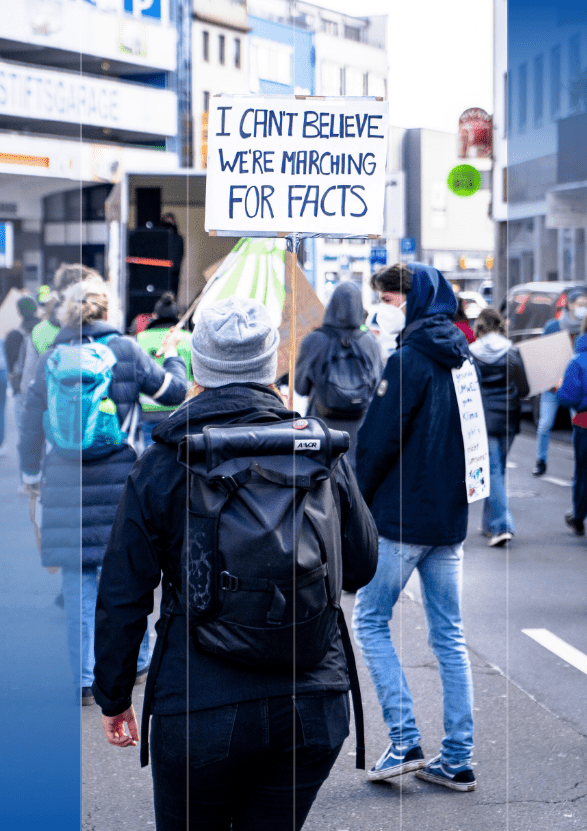

Transformation of the Public Sphere – Risks for Social Cohesion – Weimar Conversations 2023
Dr. Kai Unzicker
Challenges for Democracy
The cornerstones of our liberal democracy are diverse, ranging from equal and secret voting to the separation of powers and the rule of law. However, equally crucial is a vibrant and functioning public sphere. A public sphere where public debates flourish, opinions are shaped and transformed, and where politicians and parties compete for the trust of citizens. Over the past two decades, this public sphere has undergone rapid changes, and many would now argue that public discourse has become more dysfunctional in the course of these (digital) transformations. Sufficient reason for this years Weimar Conversations to address the transformation of the public sphere and investigate what risks for societal cohesion or opportunities for the survival of democracy these developments may contain.
The Weimar Conversations
The Weimar Conversations, held for the second time this year, is a discussion forum organised by the Deutsche Nationalstiftung in cooperation with the Bertelsmann Stiftung, the city of Weimar, and the Klassik Foundation Weimar. Its goal is to bring together representatives of various stakeholders in politics, science, culture, and media to shed light on current socio-political issues from various perspectives.
On August 31, 2023, 23 experts gathered in the newly renovated festivities hall of the historic town hall in Weimar for a discussion titled “Transformation of the Public Sphere – Risks for Social Cohesion”. The participant list included prominent figures such as the CDU faction leader in the Thuringian state parliament, Prof. Dr. Mario Voigt, the chairwoman of the Assembly of Thuringian Media Authorities, Dr. Ute Zacharias, the program director of ARD Kultur, Bettina Kasten, and the head of the Department for Resilient Democracy, Political Education, and Prevention at the Federal Ministry of the Interior, Dr. Christiane Schwarte. After the welcome by Weimar’s Mayor Peter Kleine, three lively discussion rounds followed that were moderated by Dr. Agata Klaus, Managing Director of the German National Foundation, and myself.
Political Action in a Changing Media Landscape
In the first round, the expert group examined the challenges of a changing media landscape for political action. Simultaneously, the question regarding the extent to which political interventions make sense in shaping this evolving media environment, was raised. Political decision-making processes, especially during times of crisis, are becoming increasingly complex, while information dissemination is simultaneously reliant on simplification. This leads to an increased need to explain politics and its underlying contexts and democratic processes, but misinformation significantly hampers the possibility of rational discussion. The discussion left the question of how effective it may be for politics specifically to control the digital public sphere through regulation, unanswered.
Journalism and Its Future
The second session focused on the current state of journalism, which is not only facing significant economic challenges but is also increasingly being called upon to fulfil its role as the “Fourth Estate.” The media representatives emphasized the need for strong journalistic ethics, which should not be confused with opinion or bias during the discussion. Instead, journalism needs to be considered as a serious guardian of democracy, the rule of law, and social cohesion, they urged. At the same time, new ways must be found to ensure quality journalism in the future. Financial pressure, especially on newspaper publishers, requires creative solutions, such as collaboration approaches between private and public media(services).
Broad Media and Democracy Literacy
The third session revolved around media literacy and democracy education, as adapting to the new realities in our information systems is urgently needed not only in politics and newsrooms but also among the general population. While the participants agreed that media literacy should have a central place in school curricula and that teachers should receive more training opportunities within this field, it became clear that focusing solely on younger generations is not enough to counter the challenges. In particular, it is citizens of the middle-aged and older generations that struggle with digital information sources, and that are overall more susceptible to conspiracy theories, and thus less resilient to misinformation.
Participation: Making Unconscious Decisions Conscious
At the end of the intense and at times controversial discussions, it became clear to me that awareness of the problem and concerns are strong within all areas. However, simple or “one-fits-all” solutions are not in sight. Nevertheless, I was able to see a willingness to collaborate and to explore new avenues in the face of the high pressure for problem-solving, in all participants. Changes within the public sphere and democracy are not inevitable destinies but rather the results of conscious and unconscious decisions. This means that positive adjustment is possible both on an individual level through self-examination and by adaptation of one’s own behaviour, and on a political, media, and civil society level through active participation (and willingness to adapt).
